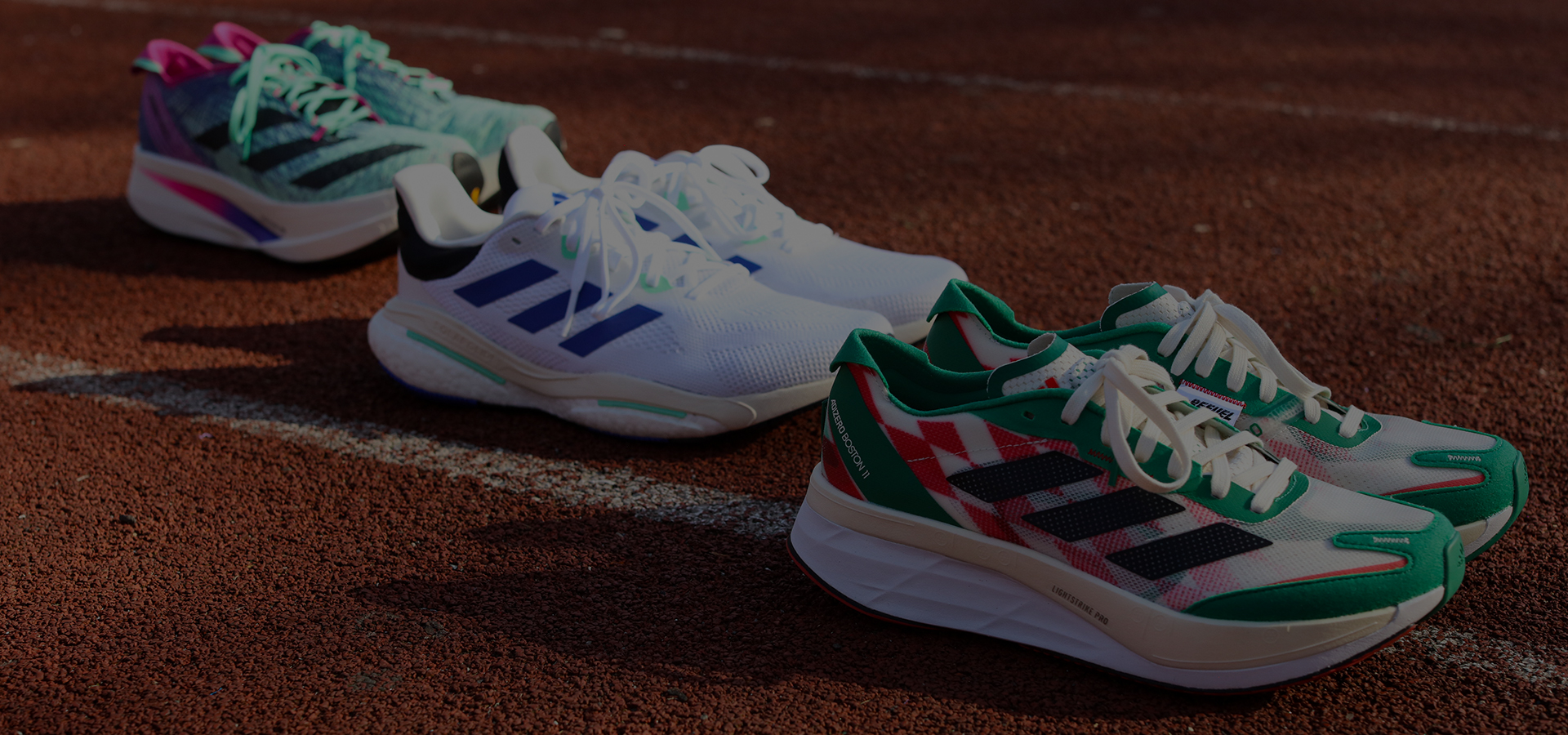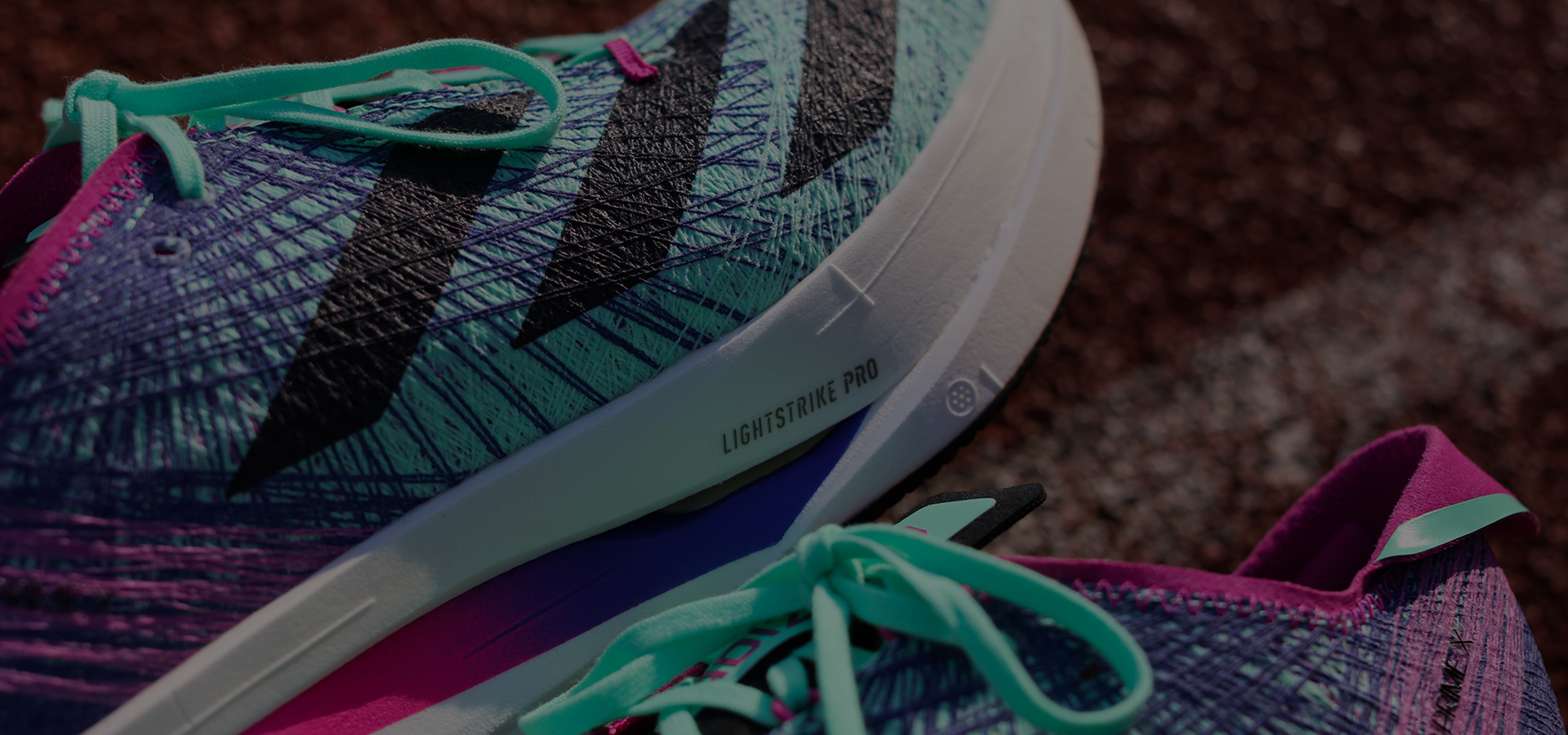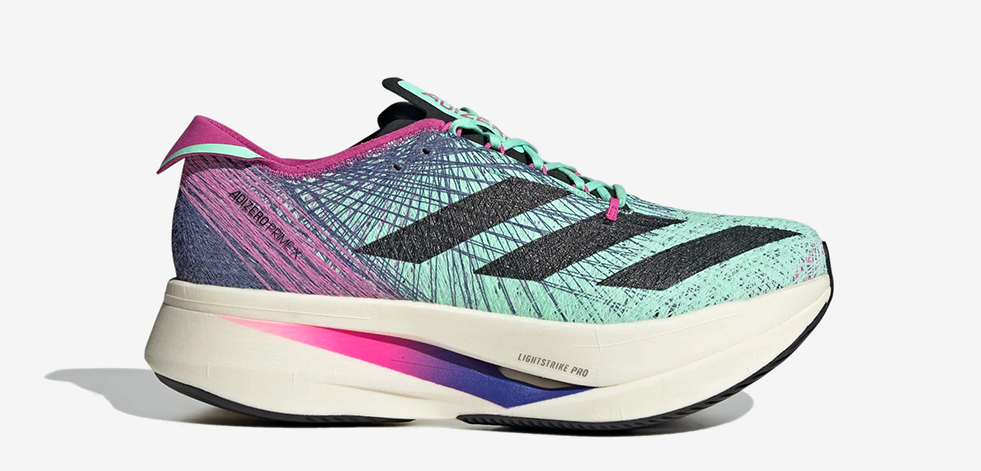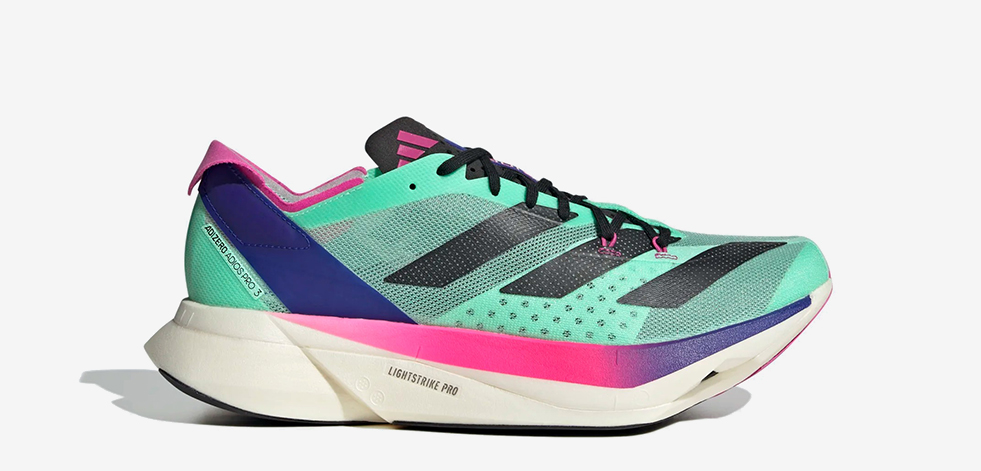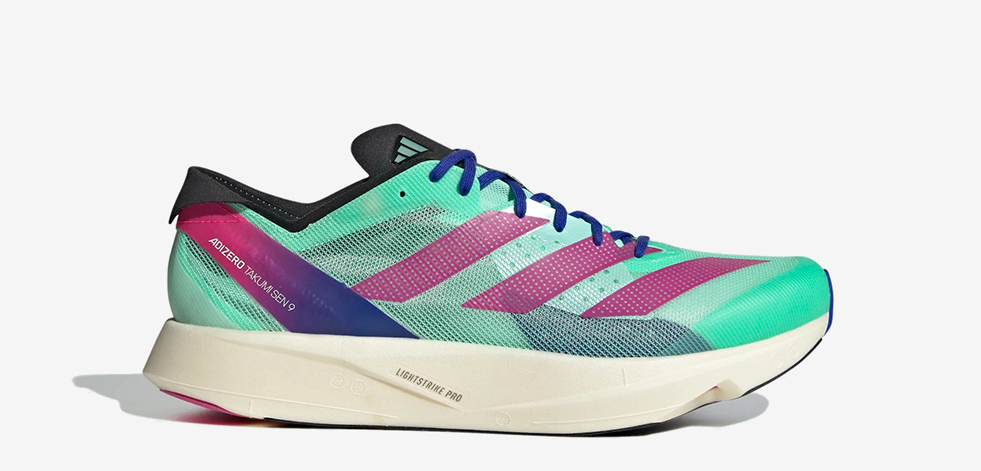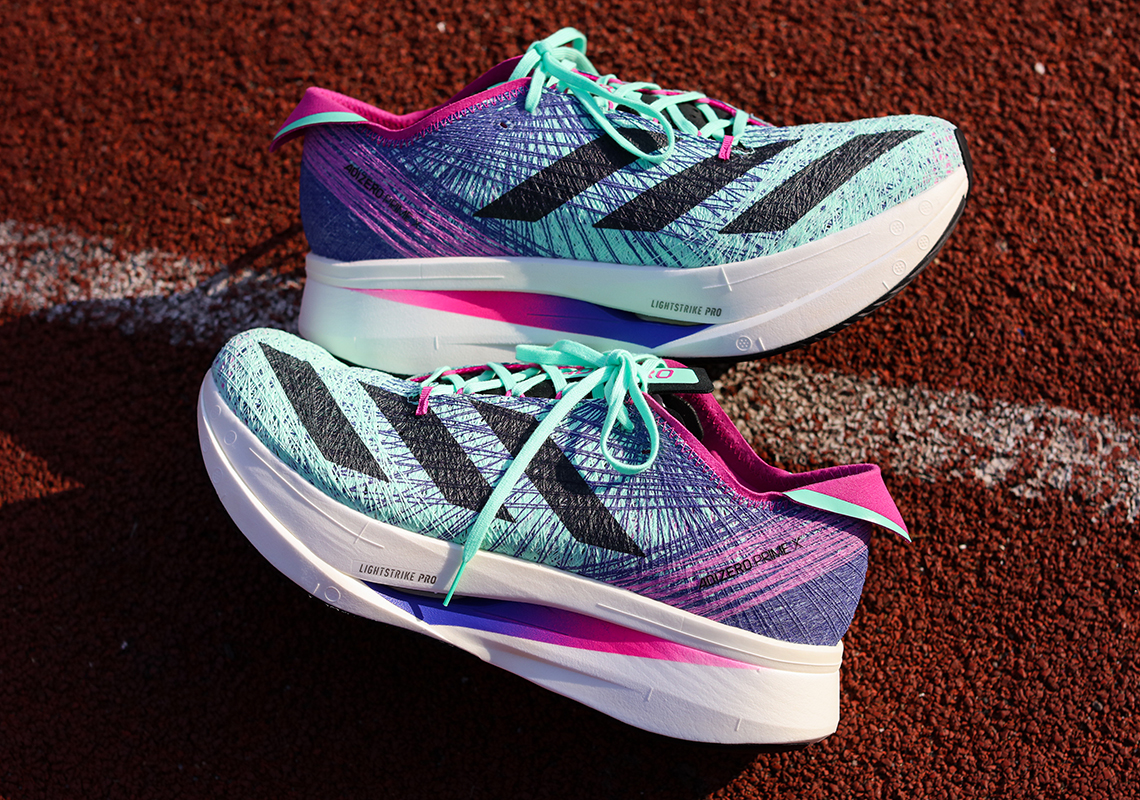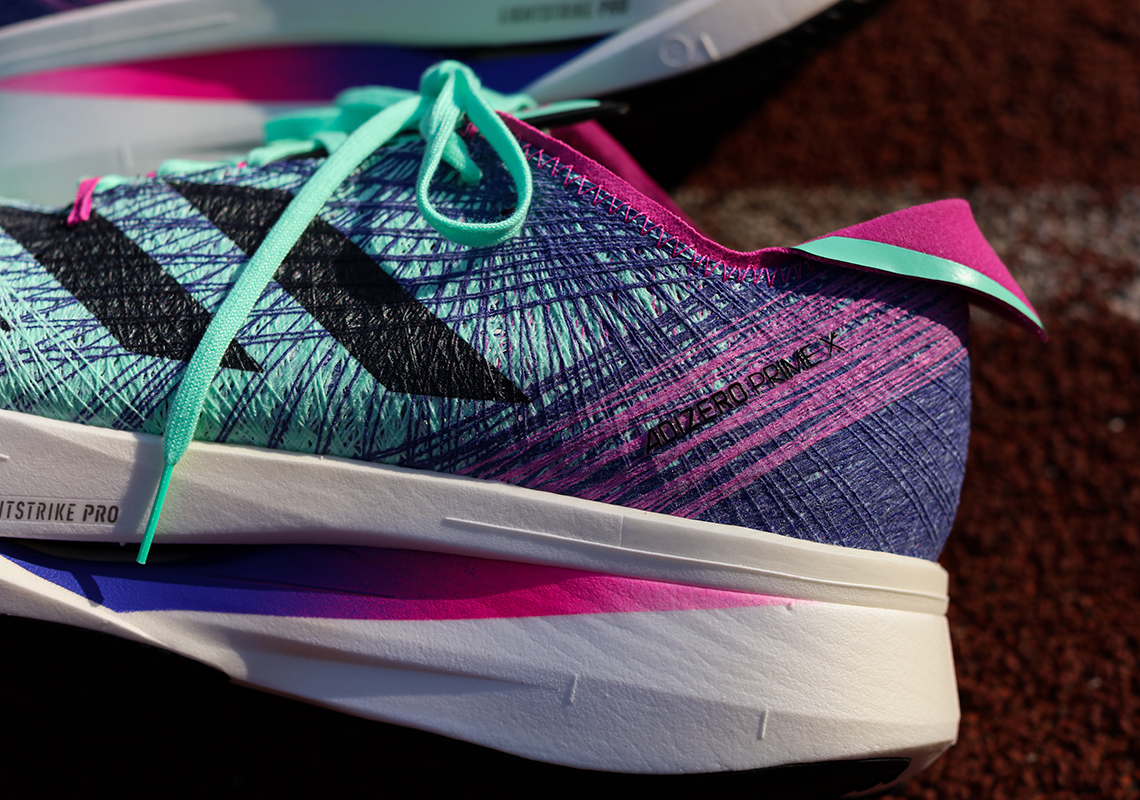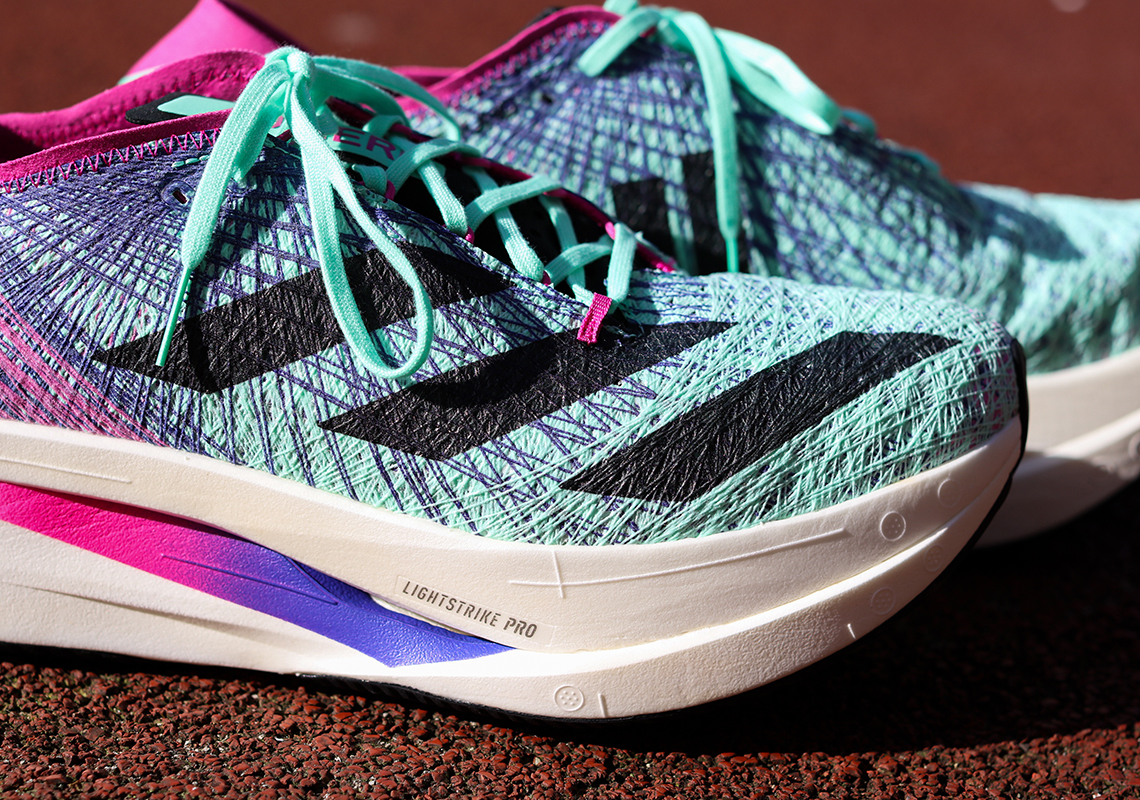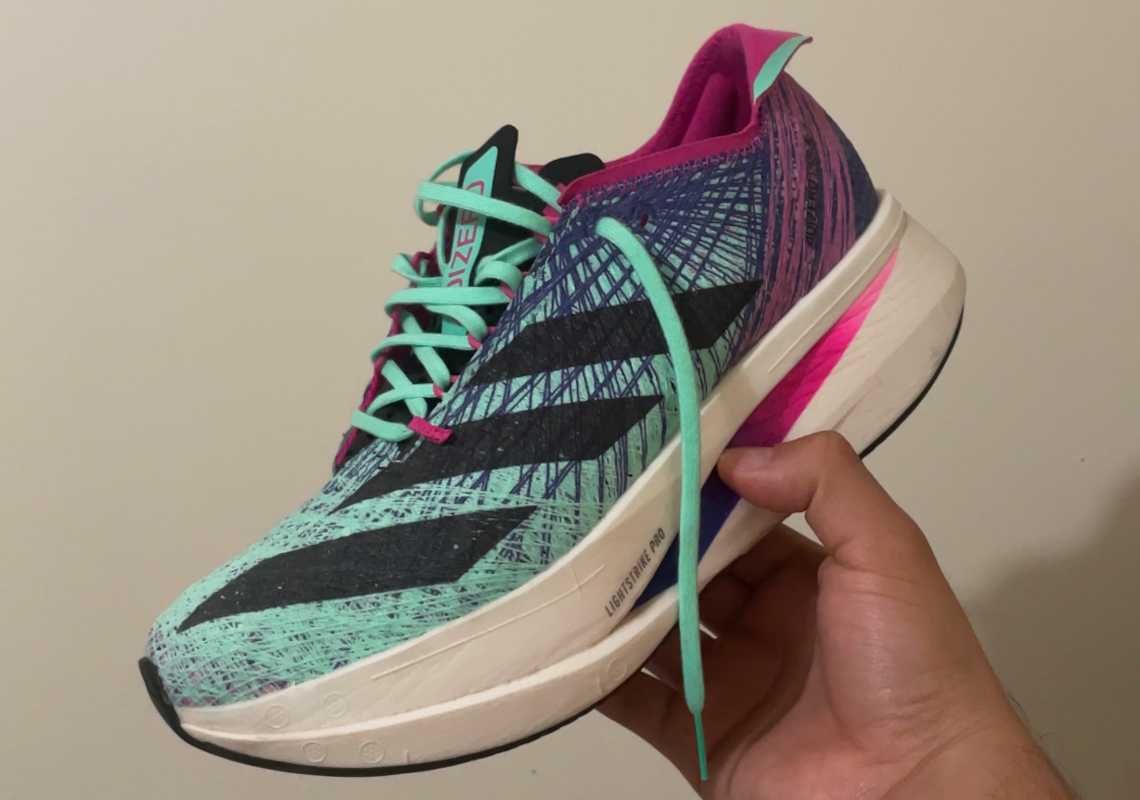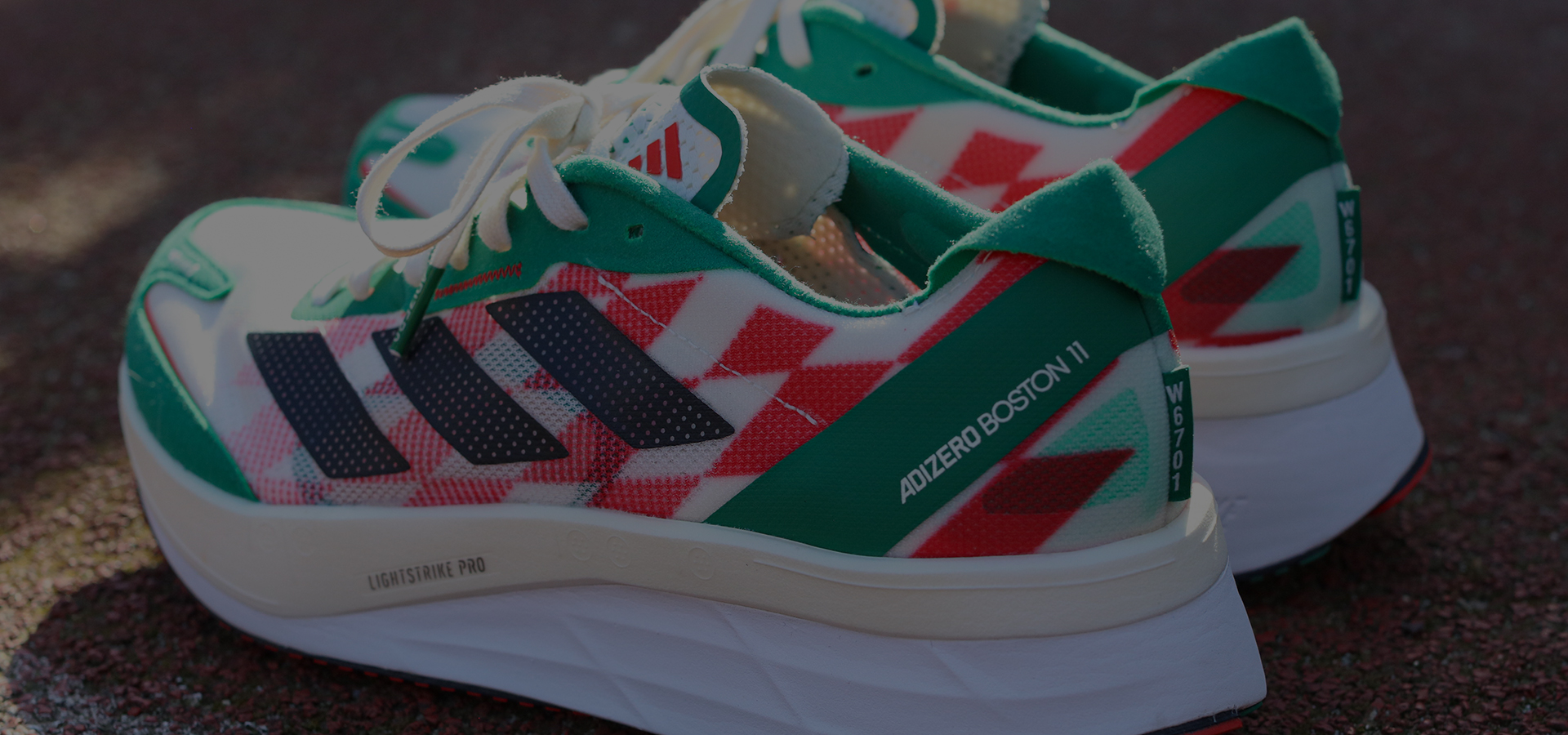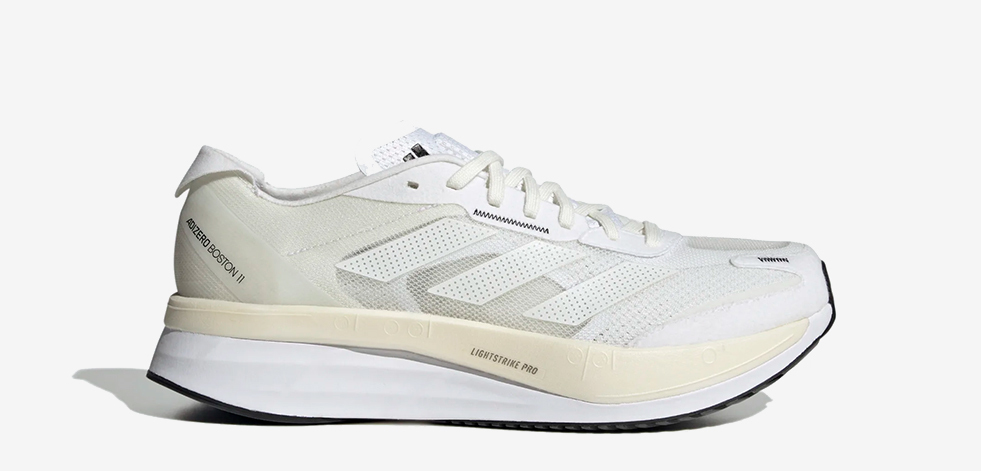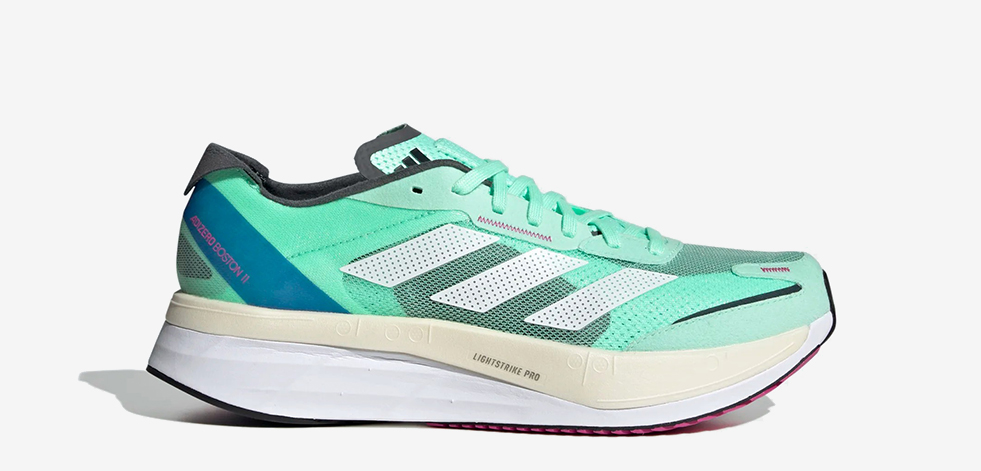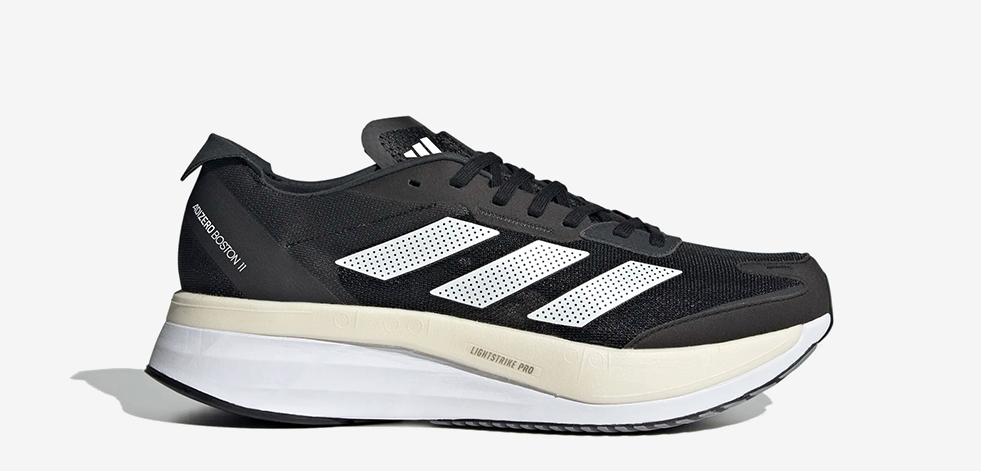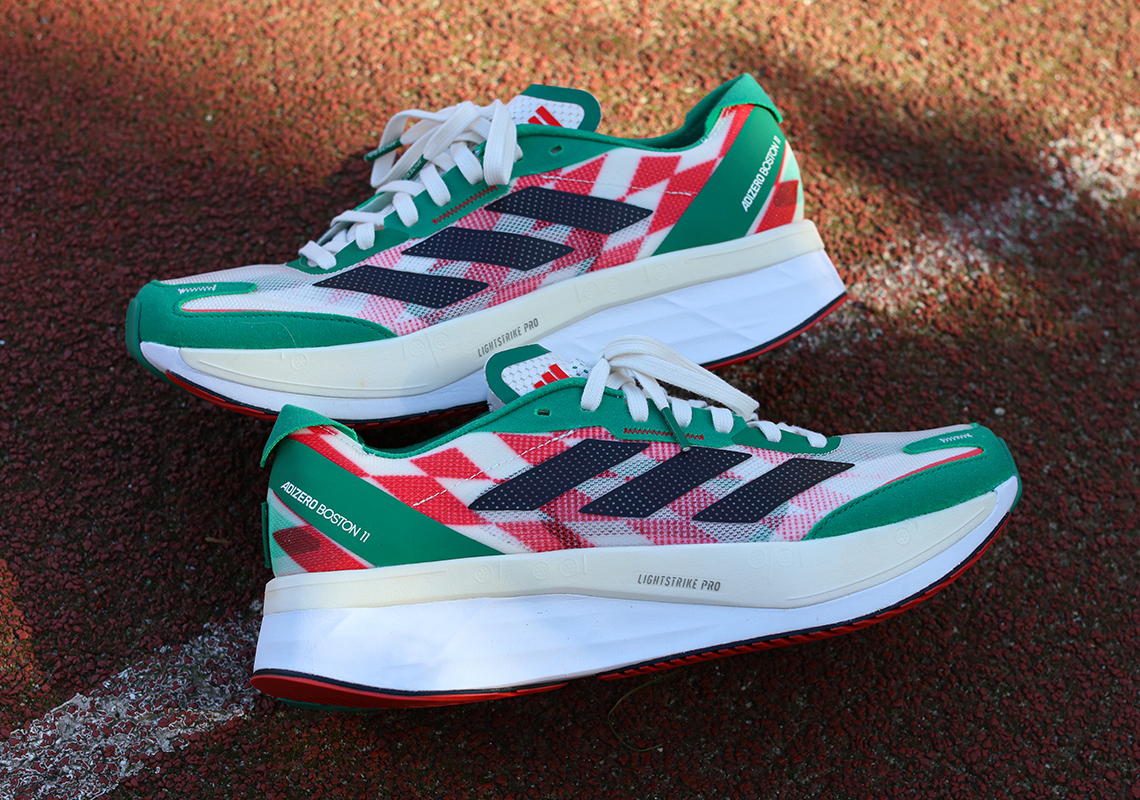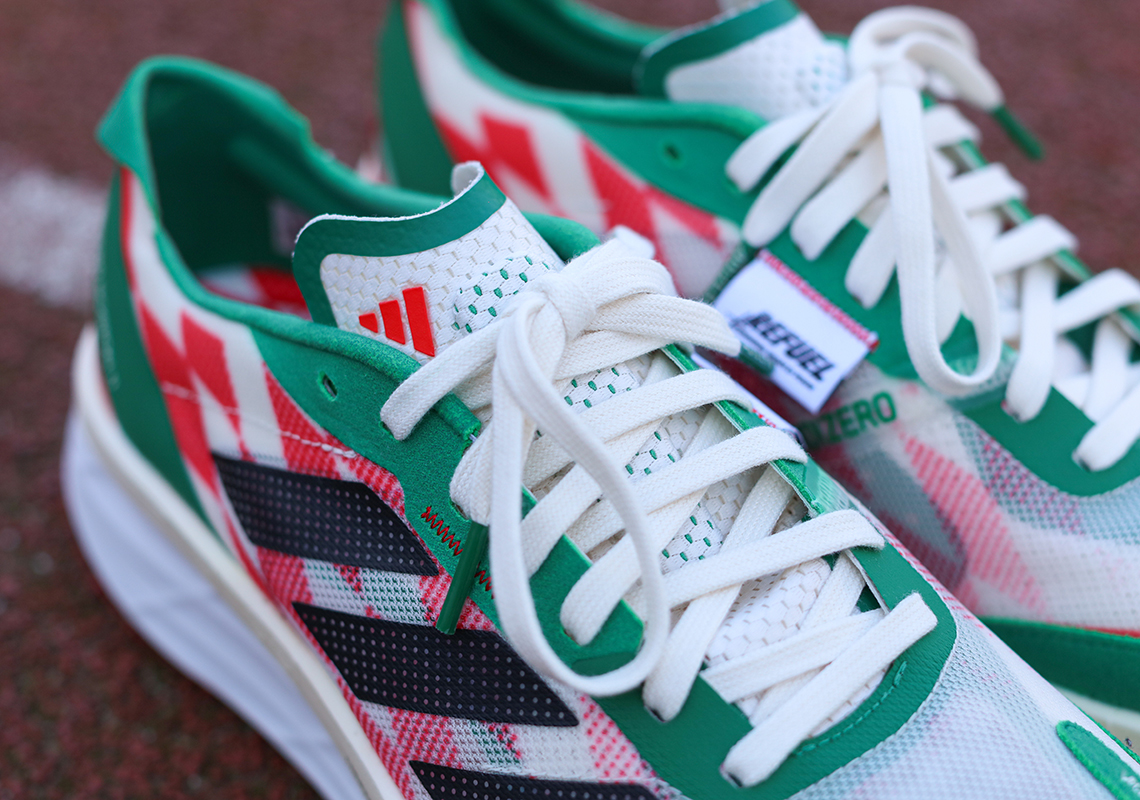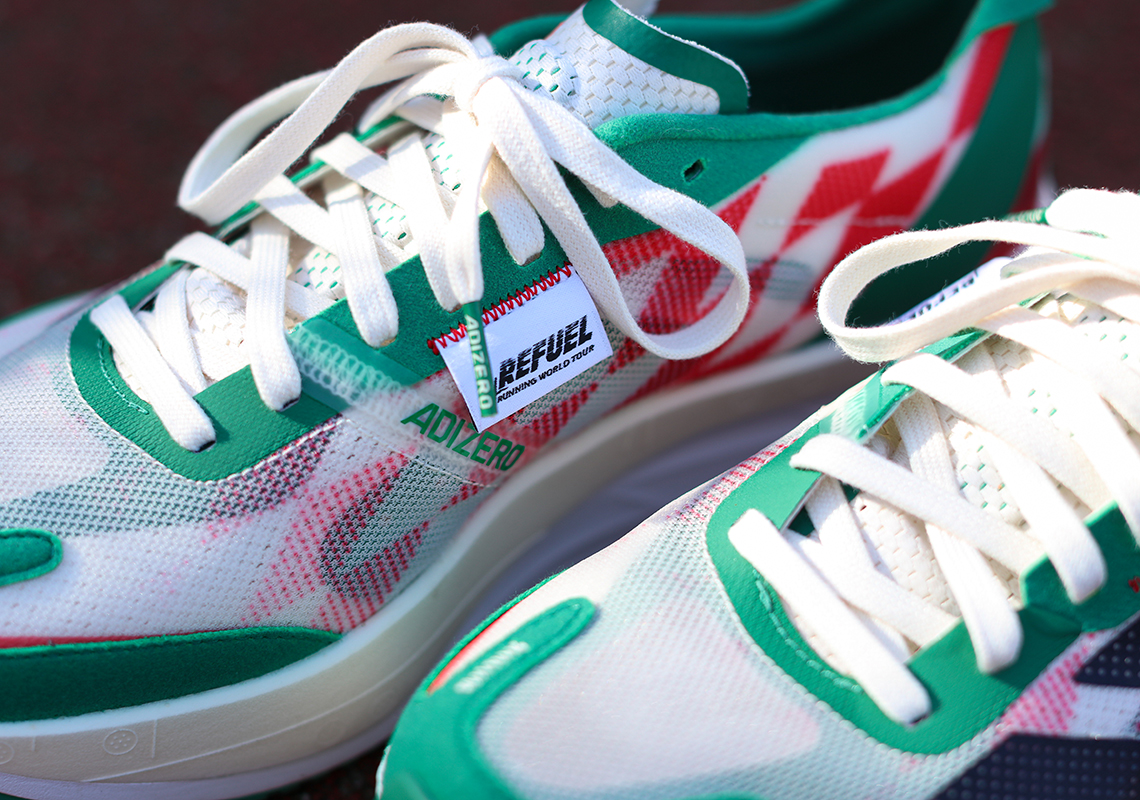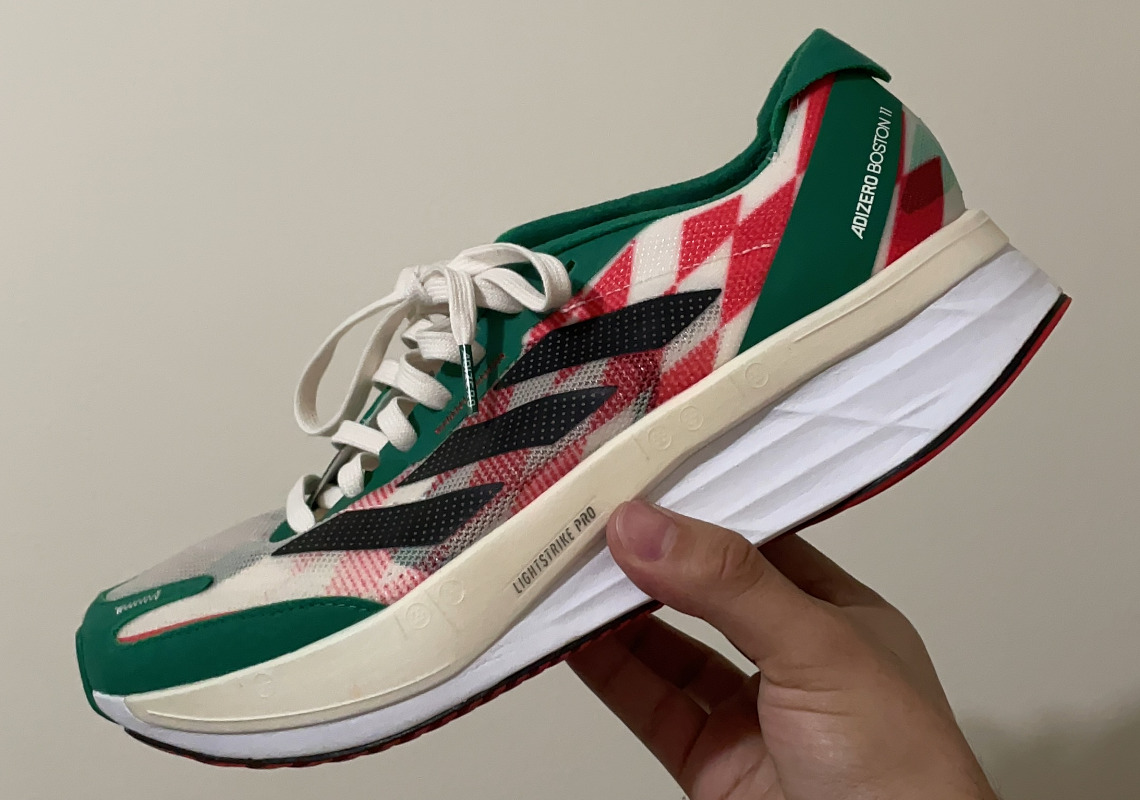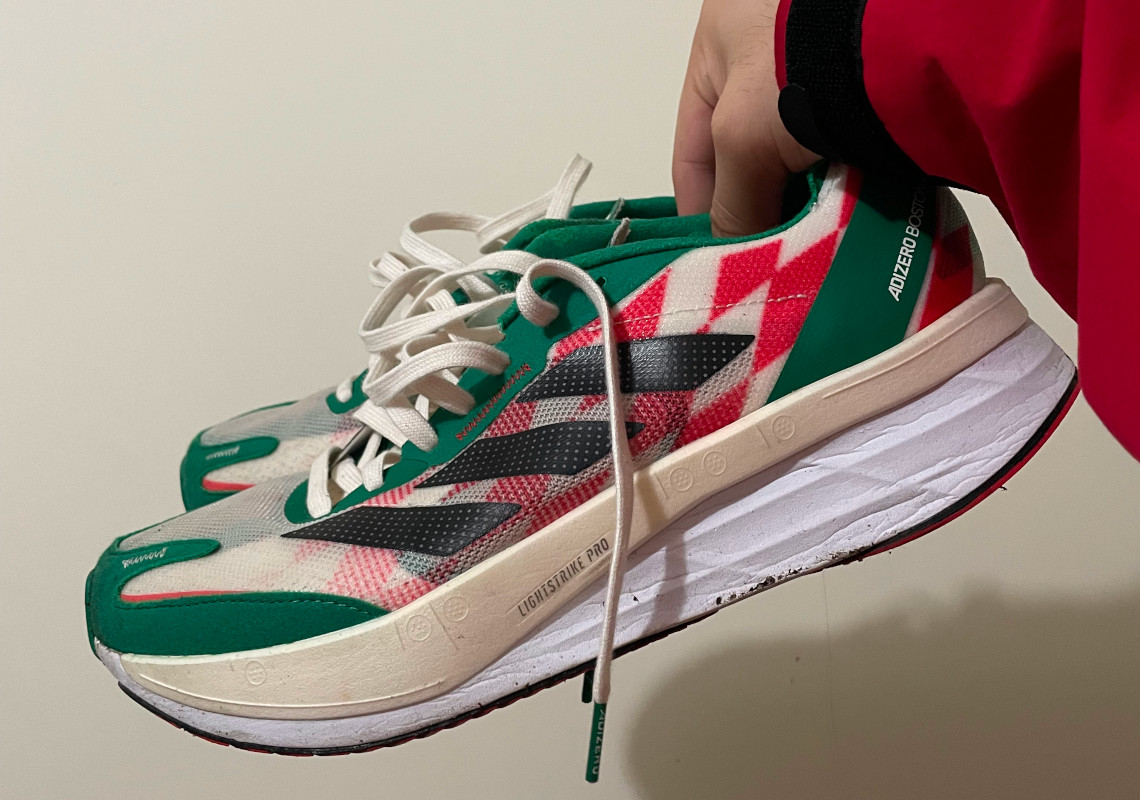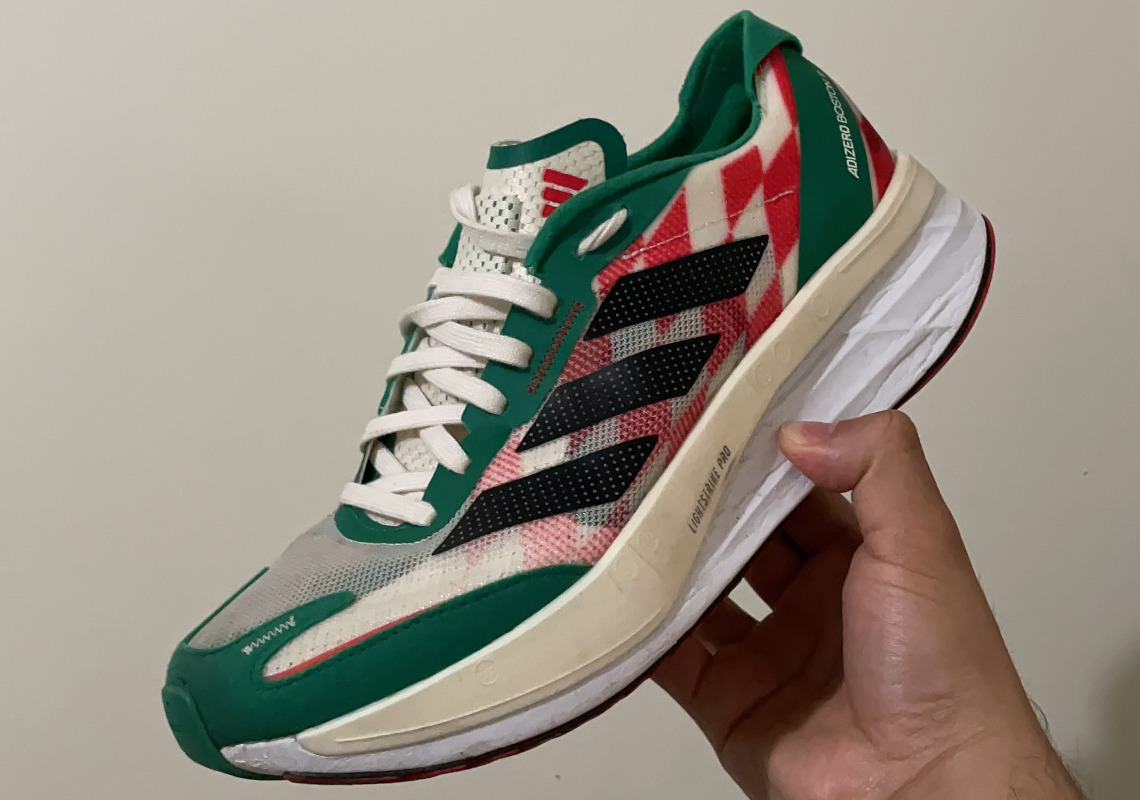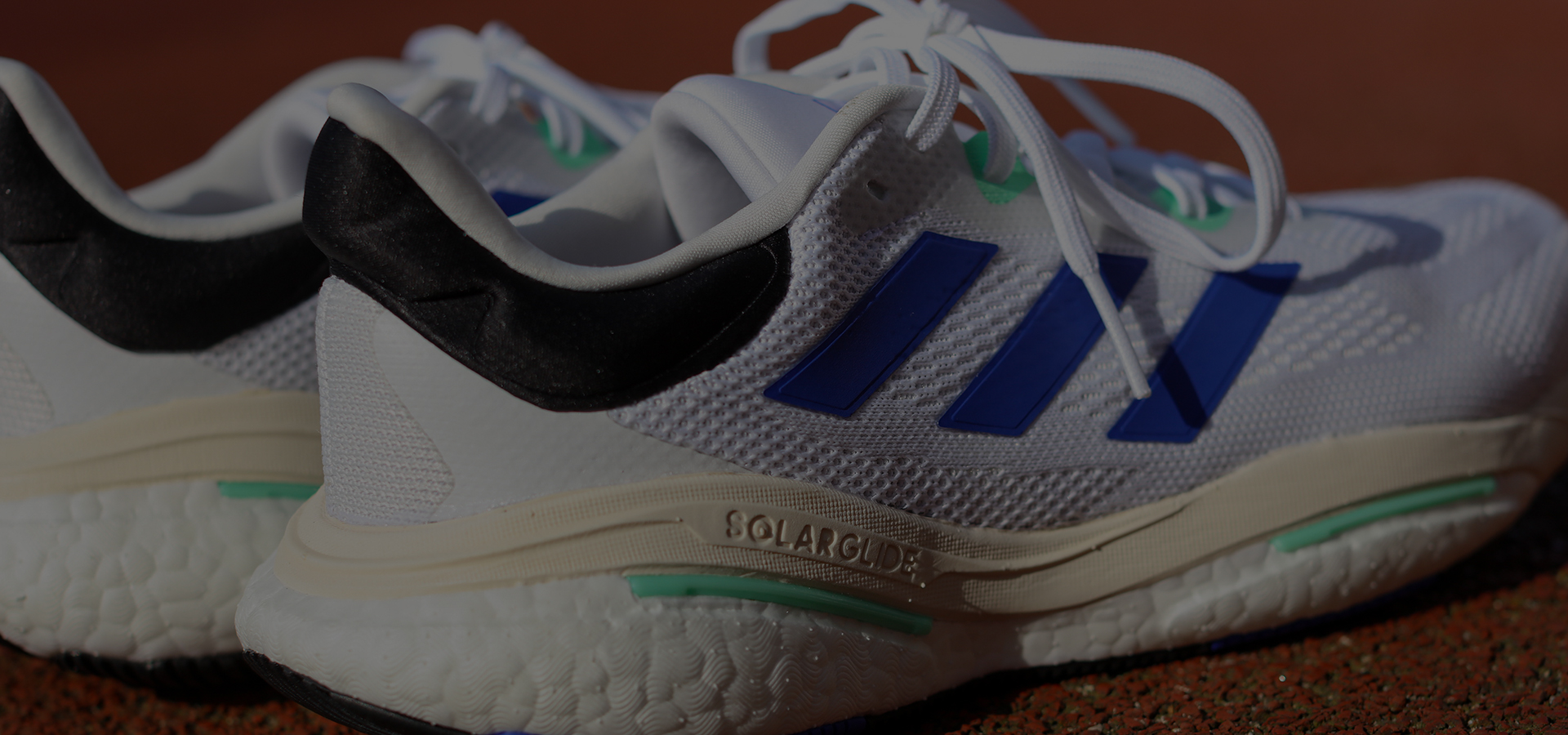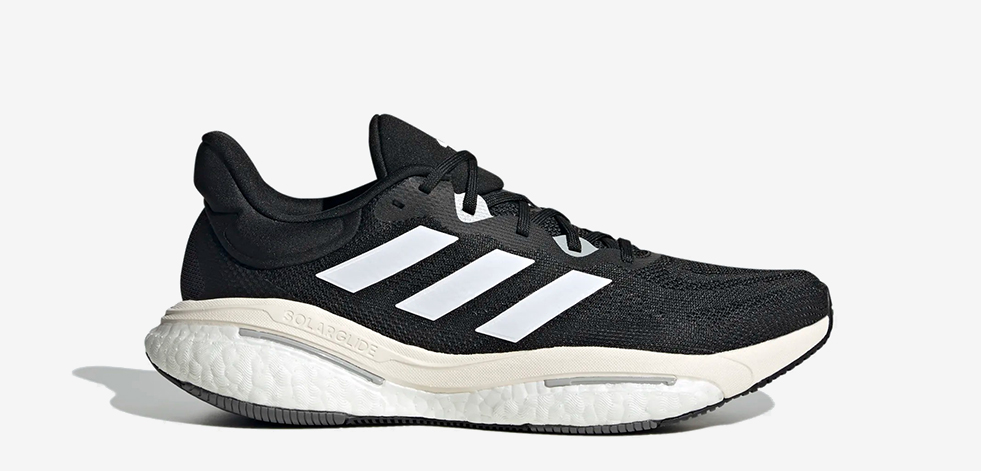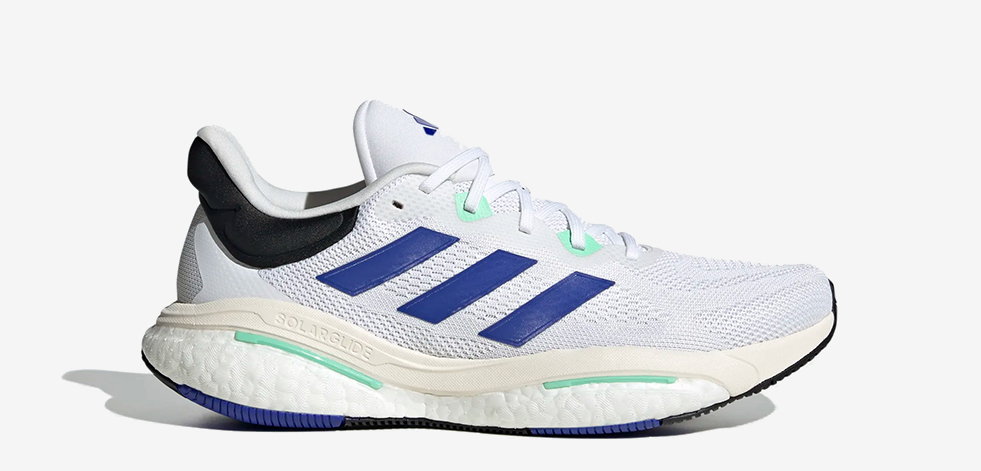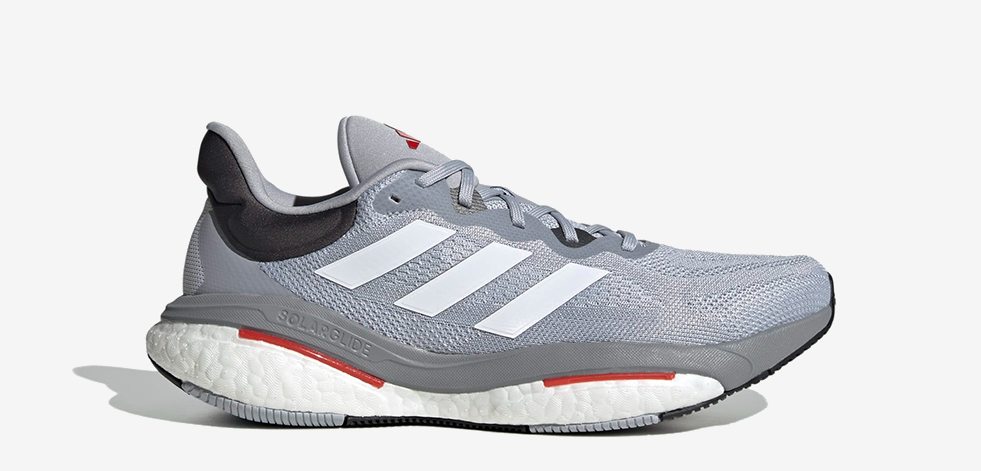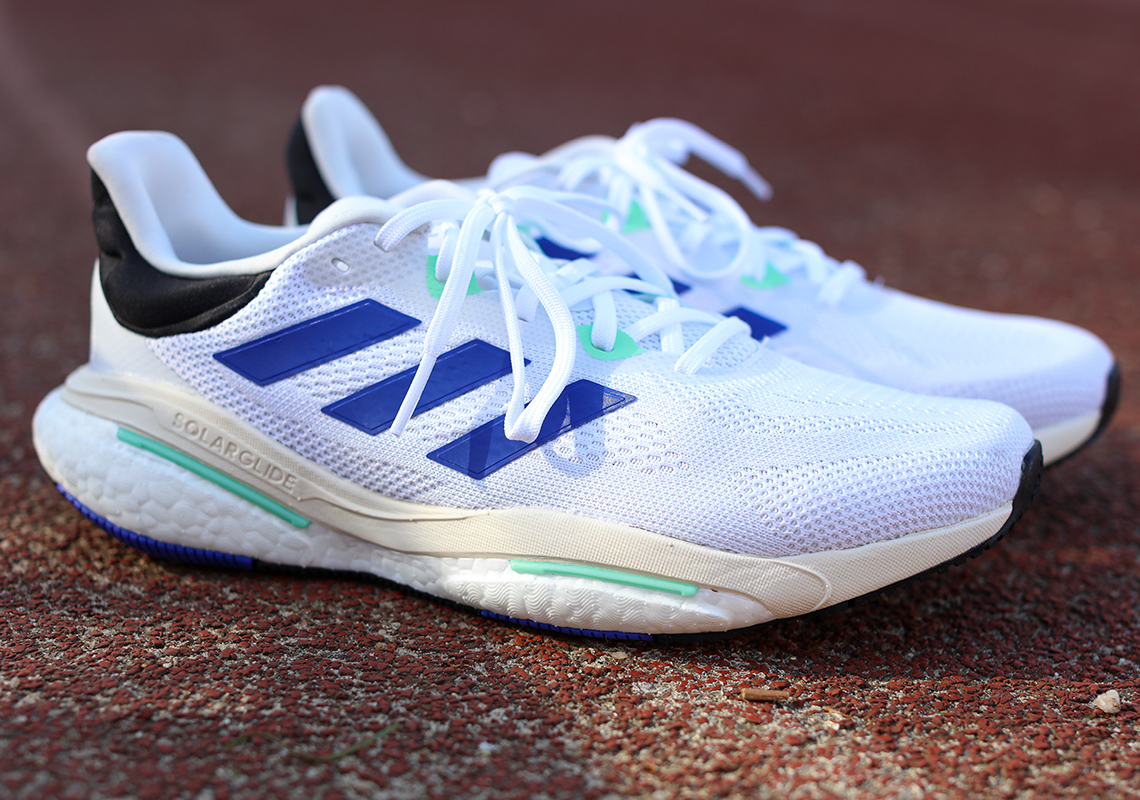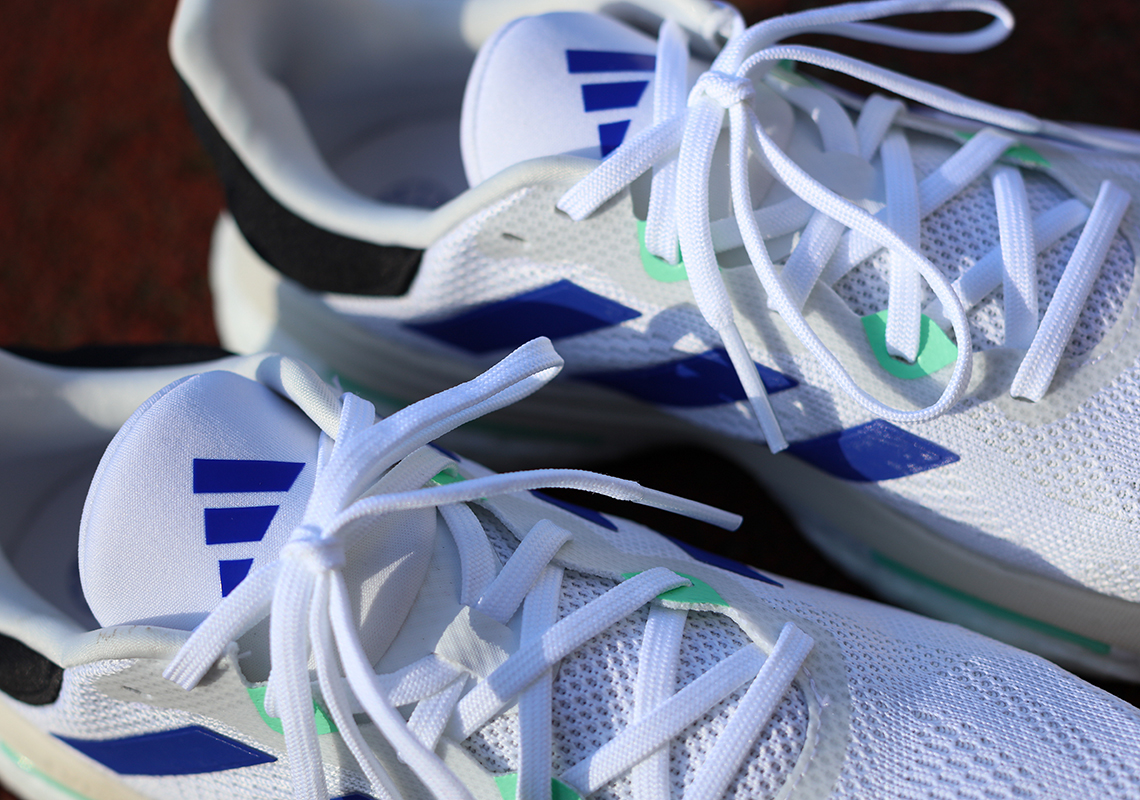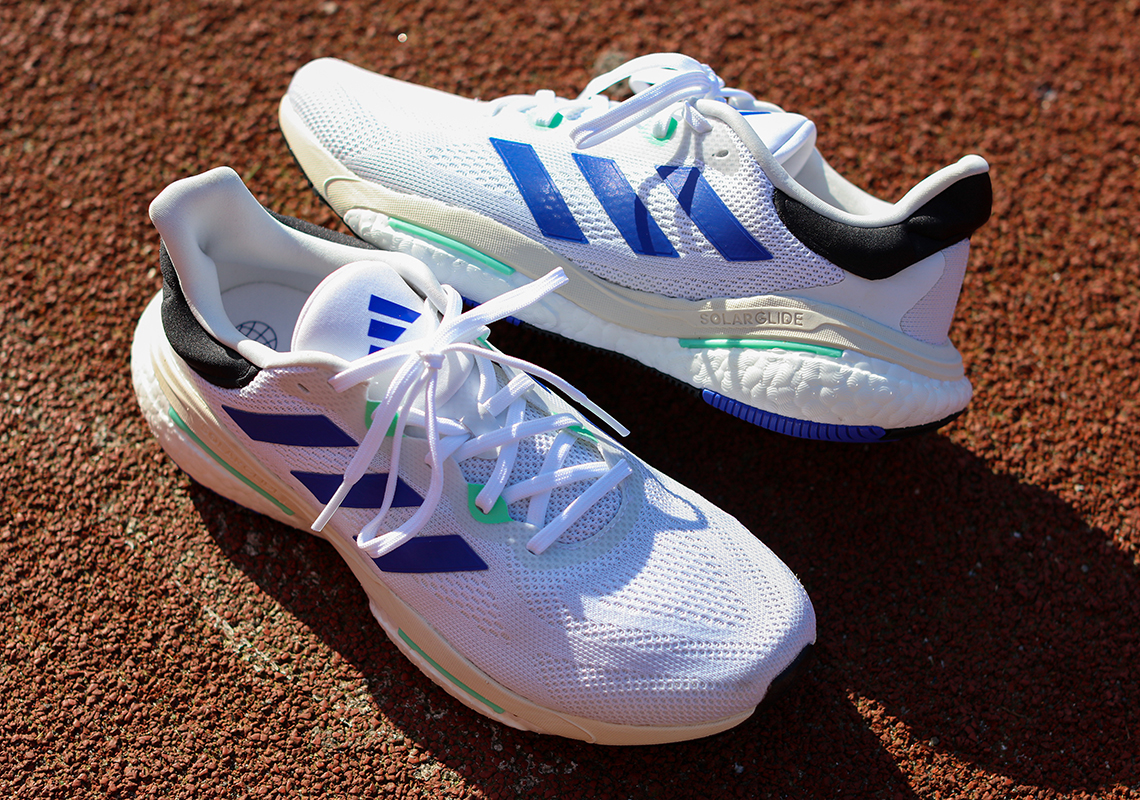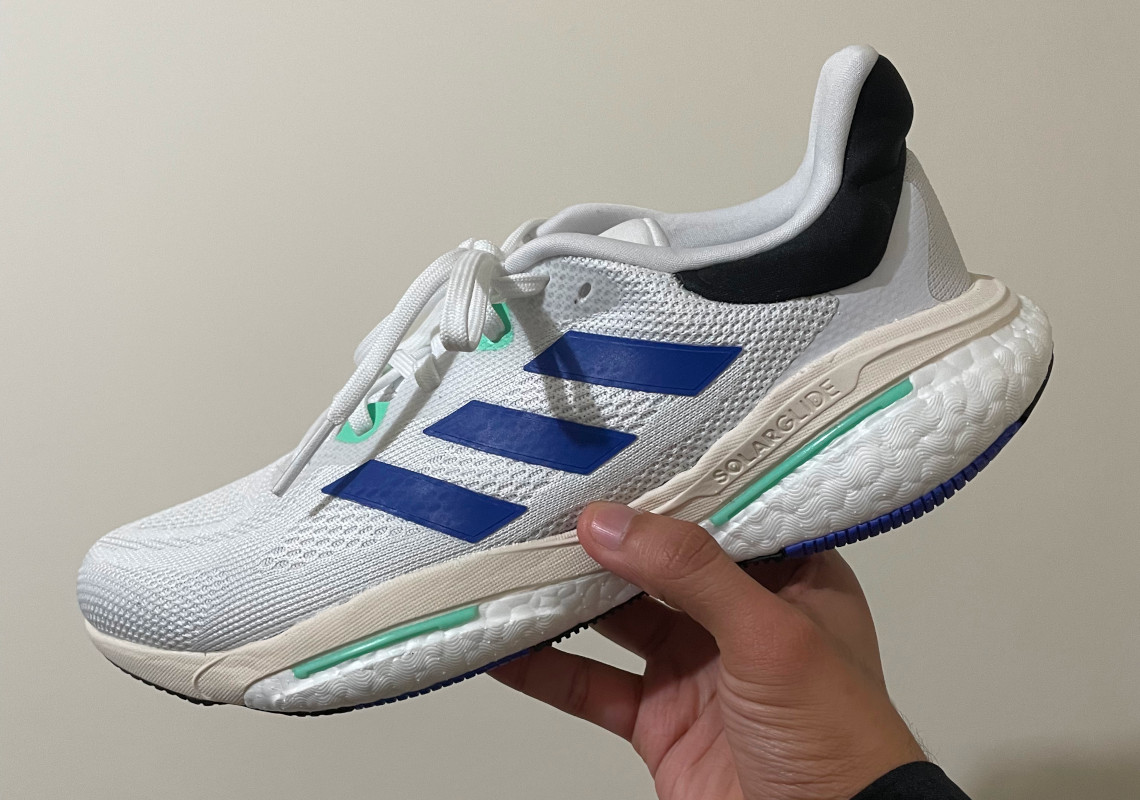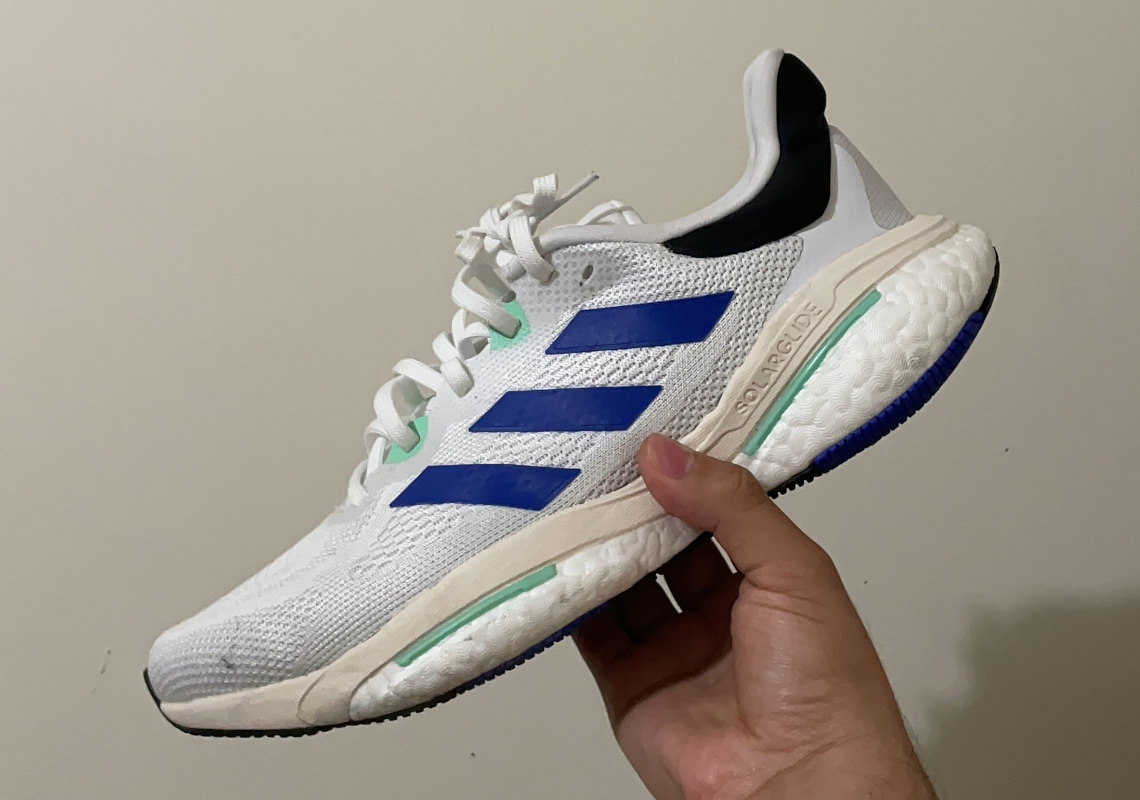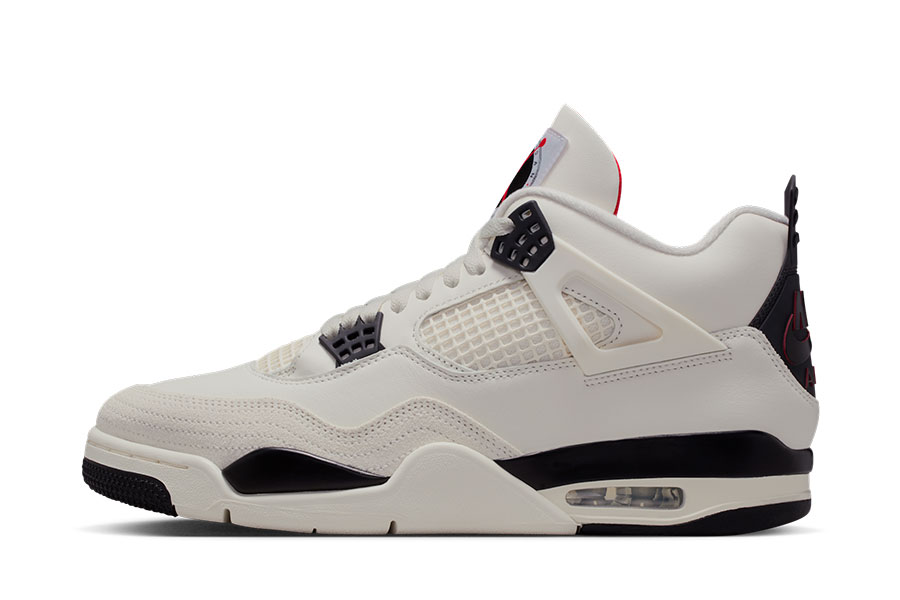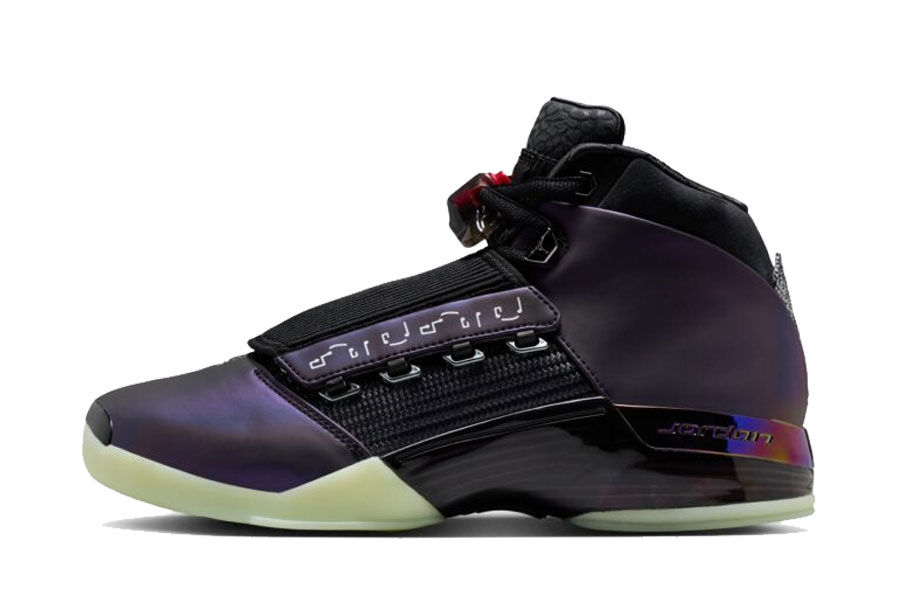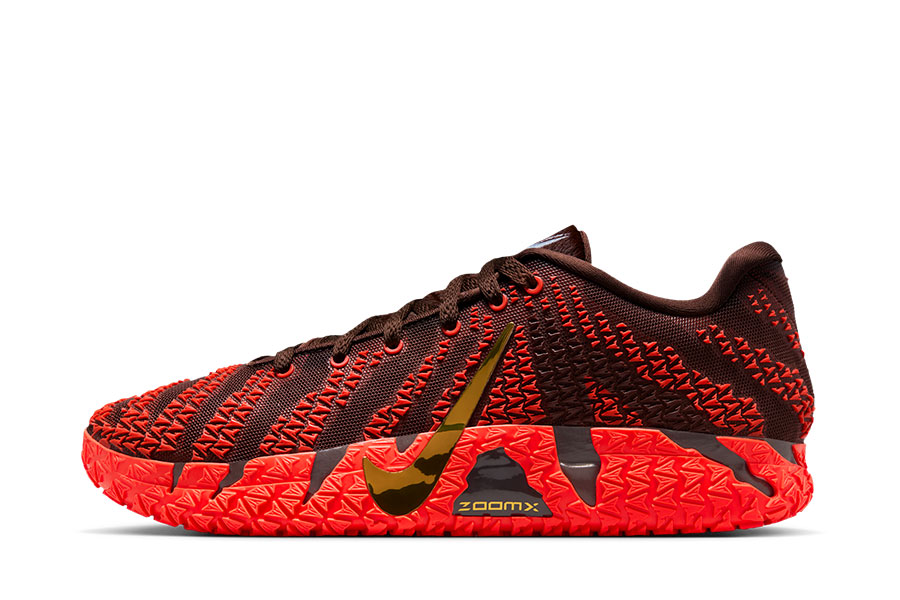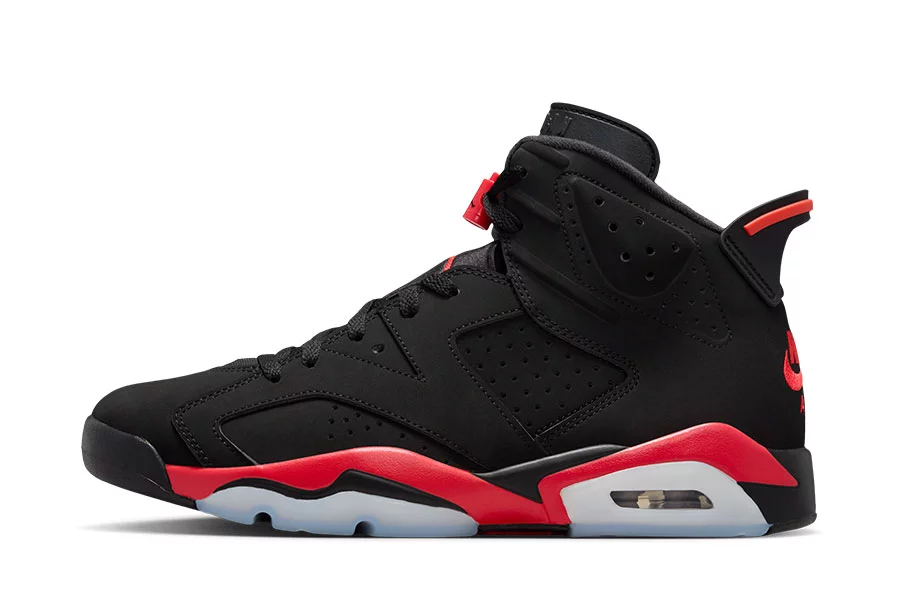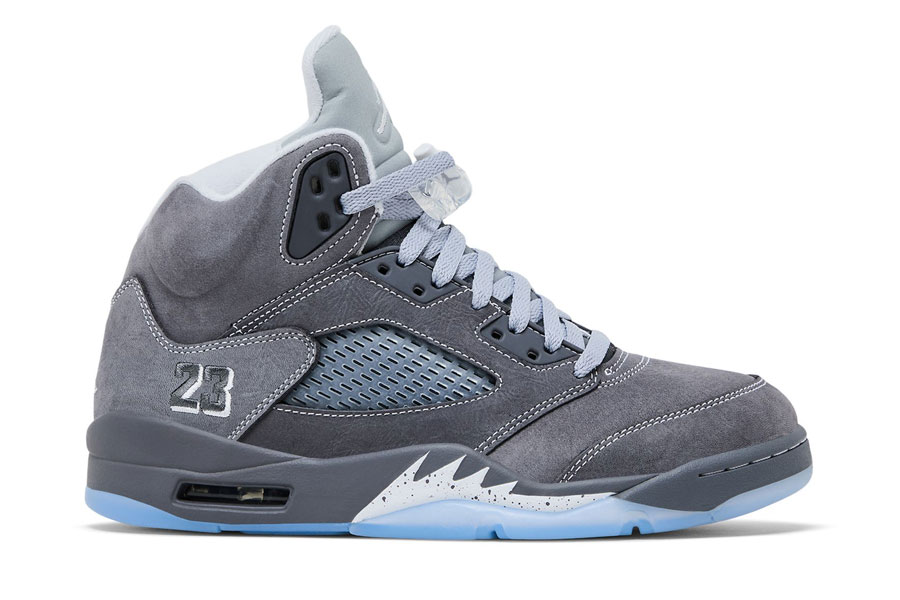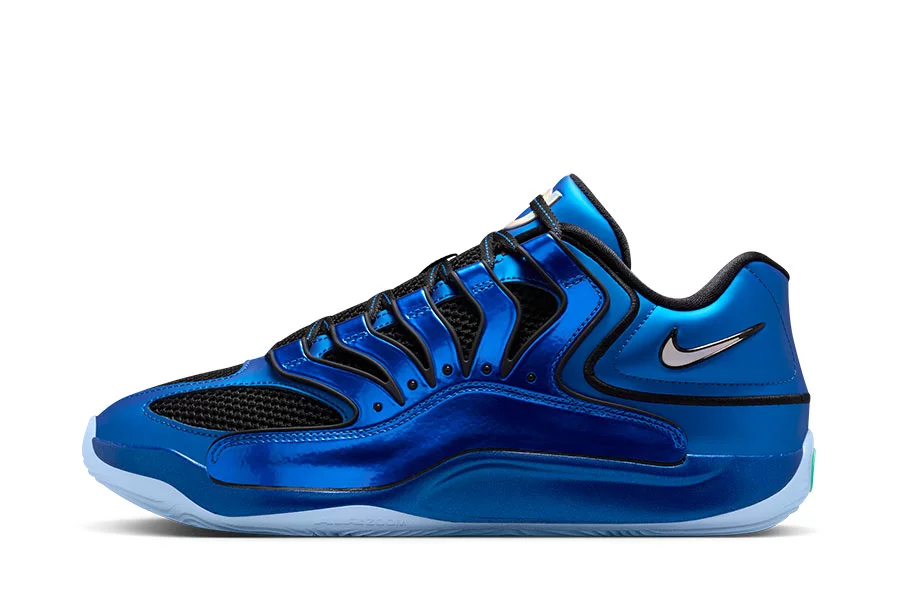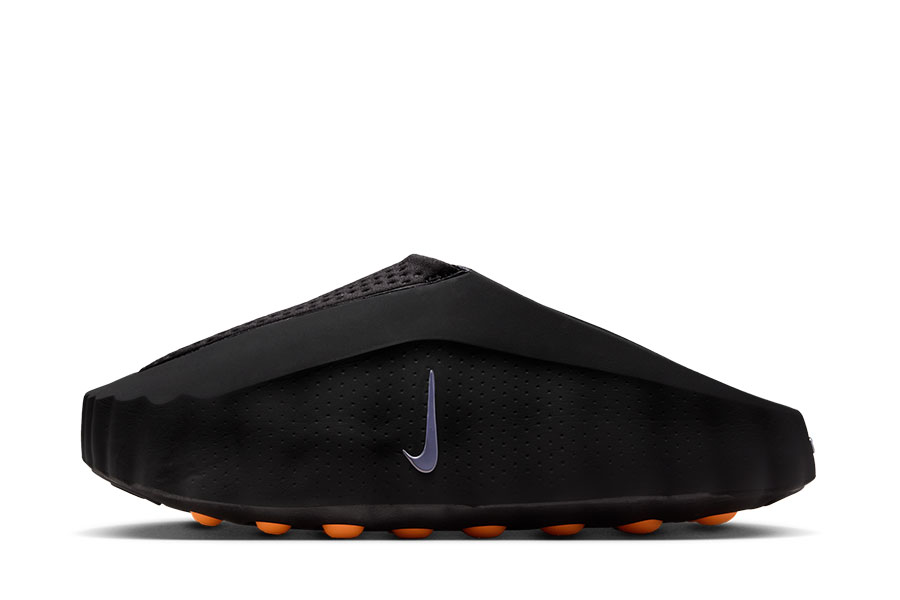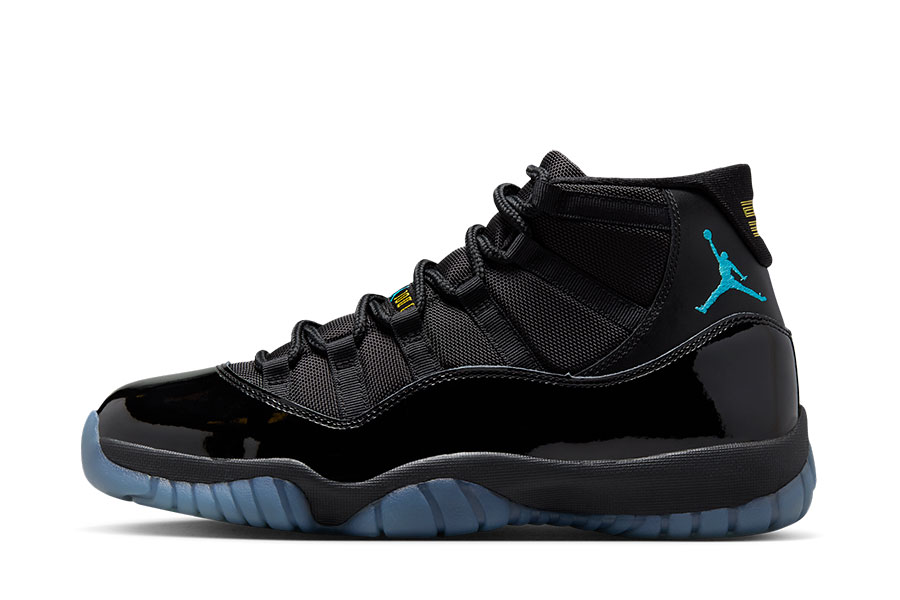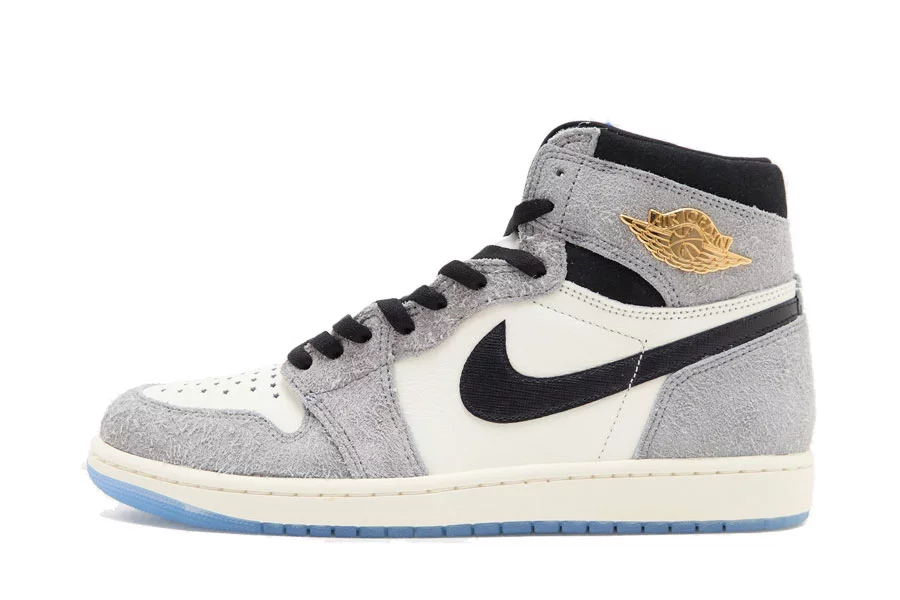- SPONSORED BY


Running may be the simplest sport, but it’s arguably the most fulfilling. Whether you’re covering one kilometer or 26.2 miles, you’re only ever competing with yourself. If you’re looking to show up to a race’s starting line this year, however, adidas Running could be the perfect companion.
We at Sneaker News enjoy shoes, a lot. We rarely get a chance to put them through the paces, but for our latest linkup with adidas, we did exactly that.
Senior Editor, Jovani Hernandez, and his brother, Aldair, tried out three different models from the adidas Running lineup in their training for their first-ever 10K and half-marathon races. Jovani tested out the adidas Adizero Prime X Strung (25 miles) and adidas Adizero Boston 11 (27 miles); Aldair the adidas Solarglide 6 (10 miles).
While far from elite runners, the Hernandez brothers have gone from loathing even a brisk jog to training for a sub 4-hour marathon over the course of a few months. To check out their thoughts on some of adidas’ best running shoes, read along. And to get started on your own training journey, head over to adidas.com/running right now.
Lightstrike Pro foam has helped the most elite runners dominate major half-marathon and marathon races. Firmer out the box than most of the competition’s cushioning solutions, Lightstrike Pro only gets better with time, rewarding those who put in the work. Carbon-infused metatarsal rods assist with energy loss across the Prime X Strung, Adios Pro 3, and Takumi Sen 9, delivering a fine-tuned, snappy experience.
The Takumi Sen 9 dominates up to the half-marathon distance, while the Prime X Strung and Adios Pro 3 want to cover at least 13.1 miles (21.1 kilometers). The more robust midsoles help lessen the impact that longer races have on the legs.
“Do yourself a favor and get your feet into a pair of the Prime X Strung,” said Jovani. “The 50mm of stack height is a little intimidating, but every shoe has felt a little boring since I ran in the Prime X Strung for the first time. The shoe feels a little unstable at slower paces, but covering ground feels fun and ‘effortless’ in the shoes. I hope the Adios Pro 4 features a Strung upper (although I had to go down half-a-size because of the roominess in the toe). The Prime X Strung will likely be my shoe of choice at the NYCRUNS Brooklyn Half Marathon in April.”
The Boston 11 exchanged BOOST cushioning for a tall stack of Lightstrike and Lightstrike Pro foams. Although the shoe is heavier than most race day options, it feels right at home during longer training sessions.
“This shoe is misunderstood,” said Jovani. “It wants to go fast, but not like its Adios Pro 3 or Takumi Sen 9 kin. Out the box, the Lightstrike foam is stiff, but after eight miles, the Boston 11 felt better. As a mid-to-forefoot striker, I enjoyed the included Energyrods and benefitted greatly from them during up-hill tempo repetitions. The shoe feels a little heavy on longer runs, but the layered cushioning solution has been a nice pillow during sluggish moments.”
Comfortable and stable, the sixth Solarglide packages BOOST foam in a reliable package so that runners can simply focus on covering distance. The second iteration of adidas LEP (Linear Energy Push) guides each forefoot strike forward, which is useful on run after run.
The Solarglide series has been the go-to daily trainer for runners like Tinman Elite’s Reed Fischer. Bouncy, durable, and consistent: What more could you ask for?
“I’ve tried five different shoes since my running journey began and the Solarglide 6 is one of the most comfortable,” said Aldair. “The shoe is well-padded and the BOOST cushioning feels like clouds underfoot. If you’re looking for a recovery run shoe or daily trainer, look no further.”


